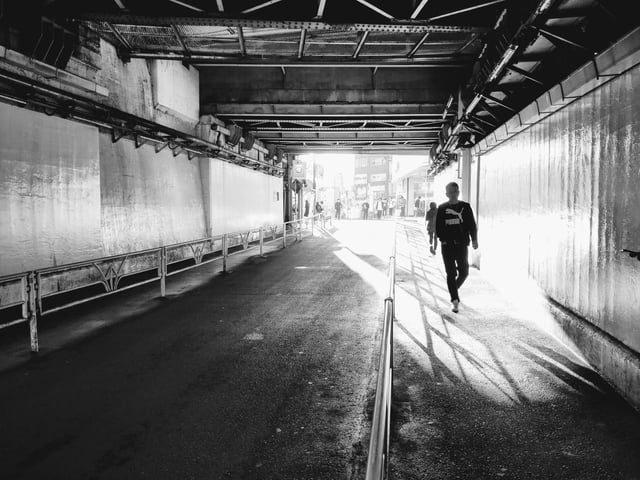We hear a lot about building resilience, whether that is in organisational systems or individuals. Resilience, in the dictionary is defined as ‘the ability of a substance or object to spring back into shape; elasticity’. For a person, it is defined as ‘the capacity to recover quickly from difficulties; toughness’.
Resilience means knowing how to cope when set-backs happen, when you make a mistake, when something happens that is negative or obstructive. It is the ability to recover and carry on with your life or work and not be damaged or undermined by the event or new state. It is probably summed up in words like strength or robustness.
A resilient person should not be mistaken for an arrogant individual. Such people are not cocky or overly competent, but rather have a sense of their own equilibrium and are able to draw on their own resources to keep their confidence and forge forward based on their values and beliefs.
Nassim Nicholas Taleb has recently written about anti-fragility. Anti-fragility is the opposite of fragile. If being fragile is to be damaged by disorder and stress, and resilience is being unaffected by disorder and stress, then anti-fragile is the ability to actually benefit from disorder and stress. It is like when our muscles grow stronger after strain and exertion, especially on a regular basis.

I believe that there are many people who are resilient and also fragile. In our professional lives, we are faced with many challenges on a repeated, almost relentless basis. The world is ever-changing and the demands on us to deliver our work targets, never make mistakes, exist in a high-pressure climate mean that when we are at work, we must very much present our ‘game face’; the outward appearance of being calm and in control. However, for many people this is very much a front. An act, as it were. Behind the scenes, this relentless pressure and almost combative world can take a bit toll on us and we become fragile.
This can happen to people at any level of an organisation, even to those at the top who may have many years of experience. We take it for granted that our senior leaders can stand any blows aimed at them and are indestructible and immortal. It is not often apparent that for some, the pressure just chips away at their equilibrium and can, eventually, render them in a poor state of mental health, if not breakdown. So, these people, on the outside are resilient, but in the inside are fragile.
If not addressed, this fragility can have long-lasting and sometimes career-ending outcomes. How, then, can senior leaders develop anti-fragility, where they are not only withstanding the hurricane of life in the organisational fast-lane, but can actually flourish in this setting?
- Build self-awareness – know what your stress triggers are and pay attention to them. If you know that you are going into a potentially stressful situation, prepare beforehand, not just for the content of the situation, but also for the person you need to be in that time.
- Make time off, real time-off – spend some time disconnected from work. Be active in stepping away, so as to allow your body and mind to experience other emotions and activities. Remind yourself what ‘fun’ is.
- Mindfulness – be in the moment. Stress and pressure can often come upon us when we are not looking. If we have our attention fully focused on the here and now, we can give our full attention to the situation in hand and we therefore have all our faculties focused on one thing.
- Carol Kauffman of Harvard uses the phrase – ‘who do you want to be right now?’ This phrase is to be used often, whenever you go into a new situation. It allows you to take a moment and think about who you need to be in your next activity. Are you to be the expert, the judge, the mediator, the manager, the cheerleader? Often, you may think that you are about to face opposition to your ideas. Who do you want to be right then? Probably a listener to other people’s view, the expert to stand by your superior knowledge and maybe the warrior to stand up to opposition. By thinking about these roles in advance, you can be prepared for whatever comes your way like wearing a suit of armour, so that the slings and arrows may hit, but they will not penetrate your shield.
So, you may have the outer shell of being resilient. You may, inside, feel fragile. However, you can use this to become anti-fragile and protect yourself and your sanity and even grow as a result.







